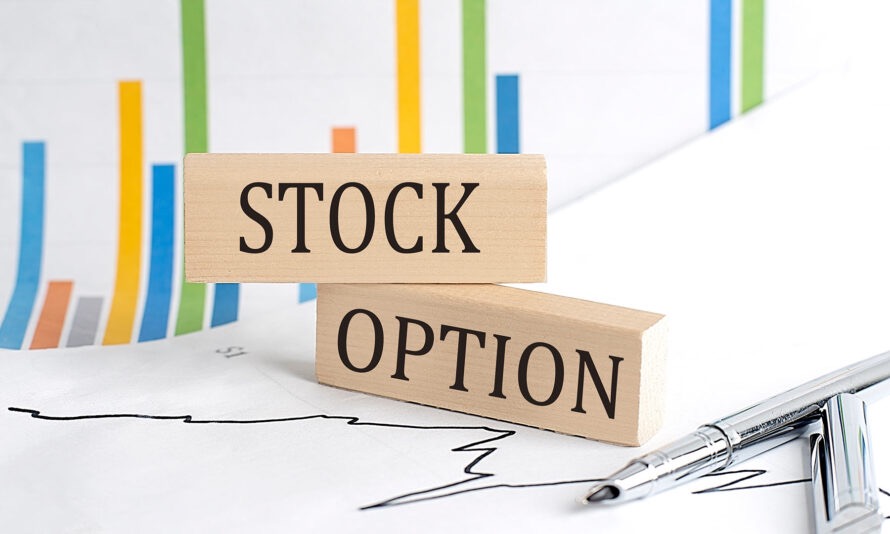It feels great having cash sitting in the bank. Having cash helps a lot of us sleep at night. But on the other hand, it can be frustrating feeling like you’re missing out on the opportunity for more growth.
Your cash is just sitting there, what if it could be working for you?
This is called opportunity cost.
What opportunities are you foregoing by leaving your cash in the bank?
With inflation being relatively high over these past couple years, this is a question I hear often.
Here’s 5 potential alternatives to consider for where you can be placing your cash:
- High yield savings accounts
High yield savings accounts are similar to your regular savings account at the bank, but they offer a higher interest rate on your money. The higher the interest rate, the more your money will grow while it sits there.
In recent years, high yield savings accounts have been offering a relatively high interest rate. You can typically find the highest yielding accounts at different online banks. Depending on the bank, you likely will have the same FDIC insurance as your normal brick and mortar bank. These accounts usually offer you great access to your money with little, if any, restrictions.
- CDs
Certificates of Deposit have become popular in recent years as interest rates have soared. Certificates of deposit are offered by banks and credit unions. They allow you to put your money inside of one and earn a stated interest rate, for a specified period of time. The one thing to keep in mind is that they require you to keep your money inside the CD for the specified length of time. It’s important to make sure you won’t need access to the money before then as taking it out before maturity may result in a withdrawal penalty.
- Money Market accounts
Money market accounts are another type of interest-bearing account that provide you full accessibility to your money. Money market accounts can be found at banks/credit unions and are afforded the same FDIC/NCUA coverage are your other deposit accounts.
- U.S. Treasuries
You can purchase treasury bills, notes, and/or bonds directly from the United States government* which will pay you out a specified interest rate if you hold the investment for the specified period of time. Over recent years, they’ve been paying a competitive interest rate and offer you access to money if you end up needing it. Another benefit is that the interest produced from U.S. treasuries is state tax free.
- Brokerage account
This option is slightly different than the others. If you have excess cash, you can consider investing your money inside a brokerage investment account. These can be found at different investment institutions and can give you a wide array of options to potentially grow your money**. The money remains accessible if you decide to sell your investments at any point. Make sure to do your research before investing the funds in just anything.
Money market funds cannot be lumped into the same category as money market accounts. MMAs are FDIC/NCUA insured and won’t lose money. MMFs can fluctuate in value and potentially lose money. If you want to mention MMFs, it must be separate from MMA. If you choose to list MMFs separately, the following disclosure must be included in the section:
You could lose money by investing in a money market fund. Although the fund seeks to preserve the value of your investment at $1.00 per share, it cannot guarantee it will do so. An investment in the fund is not insured or guaranteed by the Federal Deposit Insurance Corporation or any other government agency. The fund’s sponsor has no legal obligation to provide financial support to the fund, and you should not expect that the sponsor will provide financial support to the fund at any time.
*Government bonds and Treasury bills are backed by the full faith and credit of the United States government as to the timely payment of principal and interest only. If held to maturity, they offer a fixed rate of return and fixed principal value. The market value of these securities is affected by interest rate and inflation risks, and is subject to credit rating changes, among other factors.
**Investing in securities is subject to risk such that it is possible to lose money.


